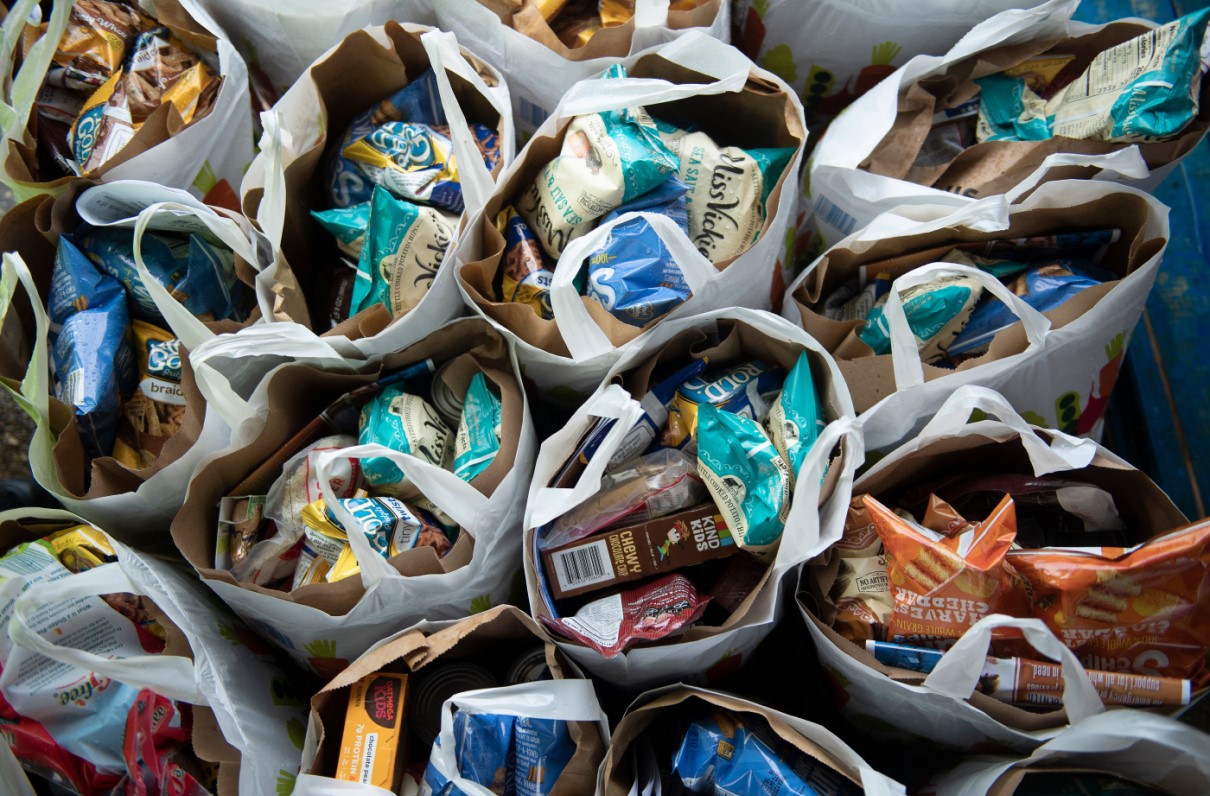Military families have made national news in recent weeks … for the wrong reason.
CBS News shined a spotlight on the increased use of food banks by these families in a report late last month. The report outlined many issues familiar to the uniformed services community that may not be as well-known to those in the civilian sector:
- COVID-19 has weakened the job market for military spouses, a group with an unemployment rate far higher than the national average long before the pandemic.
- Frequent PCS moves make establishing child care and other family support services difficult even in non-pandemic situations, which can increase financial pressures.
- Many military families living in high-income areas – the CBS News report mentioned Tacoma, Wash., and the issue also was tackled by a CBS-TV affiliate in San Diego – face financial challenges even outside complications caused by the pandemic.
These issues and others have led to a spike in food insecurity among military families – one of three focus areas for MOAA during Advocacy in Action – our signature spring advocacy campaign.
Learn more about the issue at this link, including details on MOAA’s four recommendations to DoD for battling this growing concern:
- Take an Holistic Approach: Food insecurity does more than destabilize individual families – it weakens overall readiness, and it can sink fitness- and nutrition-related wellness programs.
- Find Better Data: Existing reports on food insecurity by DoD have relied on flawed data and focused primarily on the use of the Supplemental Nutrition Assistance Program (SNAP) by servicemembers and their families. Not all food-insecure military families are SNAP-eligible.
- Consider a Basic Needs Allowance: This would provide a monthly subsidy to servicemembers with a household gross income (not including the Basic Allowance for Housing, or BAH) at or below 130% of the poverty line.It would automatically benefit an estimated 10,000 servicemembers, mostly junior enlisted.
- Fix the BAH/SNAP Inequity: The military housing allowance counts as income in SNAP eligibility calculations, but does not count as income for similar programs. DoD should work with the Department of Agriculture and Congress to remove it, allowing more servicemembers and their families to receive this benefit.
[RELATED: MOAA's MilSpouse Remote Telework Grant Program]
As with many issues facing military families, food insecurity has been worsened for many because of COVID-19, but its root causes extend far deeper. The end of the pandemic won’t solve this issue, which is why MOAA sees addressing it as critical to maintaining readiness and strengthening retention.
And soon, we’ll need your help in spreading this word to legislators around the nation. Follow MOAA’s Advocacy News page for updates on Advocacy in Action outreach efforts and other ways your voice can help make a difference.
MOAA Knows Why You Serve
We understand the needs and concerns of military families – and we’re here to help you meet life’s challenges along the way. Join MOAA now and get the support you need.

